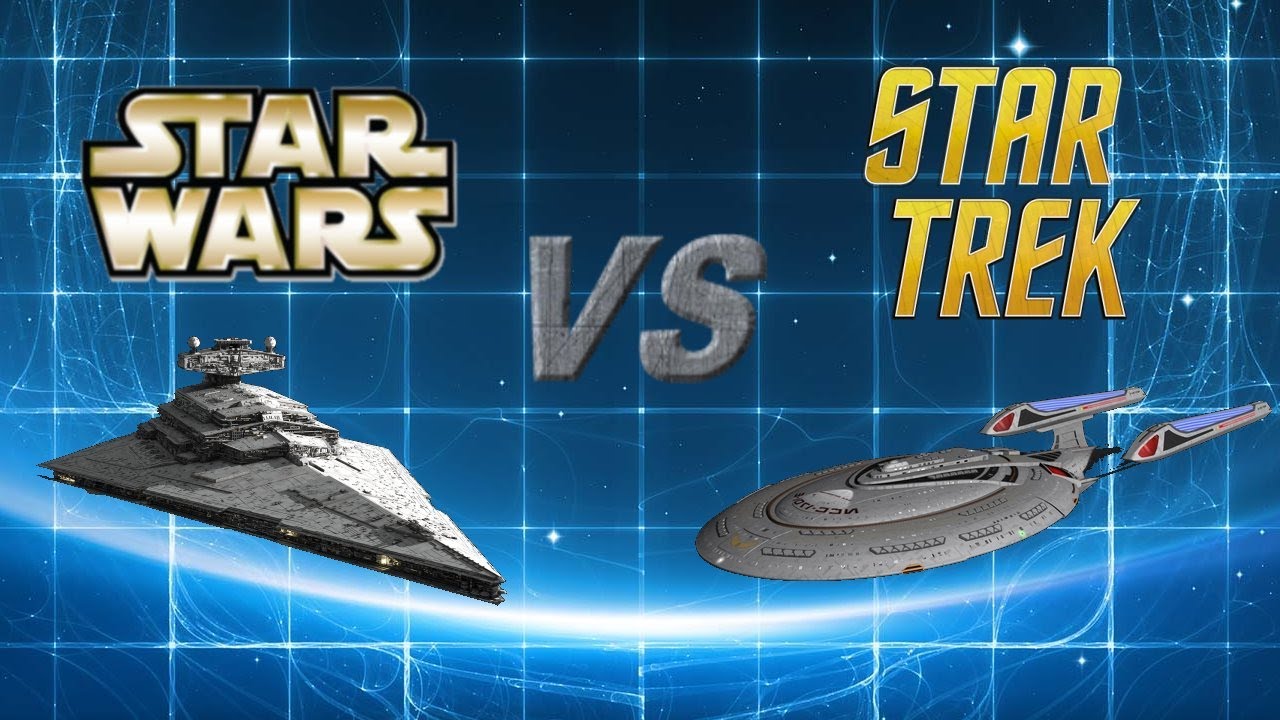
I got into a debate about my blog from Friday about money creating inequality, and how the future of space and sci-fi would have no money. I guess this resonates with most of my writing from discussing Metropolis – one of my favourite films, along with its many successors such as Hunger Games and In Time – to the lengthy dialogue about our future worlds as portrayed by Star Wars and Star Trek.
On this latter point, the two future worlds differ immensely. From boldly going where no one has been before to hoping that the force is with you, Star Wars and Star Trek offer two vastly different views of the future.
The creator of Star Trek, Gene Rodenberry, had an idea for a world where money doesn’t exist, whilst George Lucas’s Star Wars created a universe where Imperial Credits rule the day.
There is a marked difference, and it has hit me many times. Star Trek is a utopian view of the future, where we focus upon the betterment of humankind; Star Wars, as per its title, is all about the fight for supremacy and who wins and loses.
Each series differs in many ways, but perhaps the most striking realisation is that one has money and the other one doesn’t. One is dystopian and one is utopian. Interestingly, when I polled my friends a while ago, the preference was for the dystopian Star Wars rather than the utopian Star Trek.
I want to boldly go where no-one has been before or, as Captain Cake puts it: “to sweetly go where no sweet has been before”, but can this be realistic? Could we have a future world where humans are motivated by something other than wealth?
This hit home to me when I got this comment on my blog from last week.
In most of the sci-fi world of the future on screen, money does not exist but it does exist in Star Wars. It doesn’t exist in Star Trek.
In fact, reputation is the core of what you earn in the utopian world of Star Trek, rather than credits. Could we create a world where the betterment of humanity, and your contribution to that goal, is recognised in reputational credits? Hmmm … maybe it is too idealistic, but I would much rather live in a world of harmony than war. Wouldn’t you?
The problem that creates is motivation.
Why would you get out of bed in the morning, if there’s no reward? If there’s no reward, what motivates you? If you cannot see a return on your investment of work, or other things, what’s the point?
In Star Wars, the reward is beating the bad guys; in Star Trek, the reward is being recognised as a good one. Both reward, but one gives an imperial credit whilst the other gives a reputational credit. Credit where credit's due, you need incentives in either world as this is what makes us human. We live to strive, to work, to get better, to get more, to earn, to invest, to build wealth.
This is why Gene Rodenberry’s Star Trek idea is flawed:
“The acquisition of wealth is no longer the driving force in our lives. We work to better ourselves and the rest of humanity.” Jean-Luc Picard
Star Trek's idea is not acquiring monetary wealth, but reputational wealth. It's still wealth?
Chris M Skinner
Chris Skinner is best known as an independent commentator on the financial markets through his blog, TheFinanser.com, as author of the bestselling book Digital Bank, and Chair of the European networking forum the Financial Services Club. He has been voted one of the most influential people in banking by The Financial Brand (as well as one of the best blogs), a FinTech Titan (Next Bank), one of the Fintech Leaders you need to follow (City AM, Deluxe and Jax Finance), as well as one of the Top 40 most influential people in financial technology by the Wall Street Journal's Financial News. To learn more click here...

